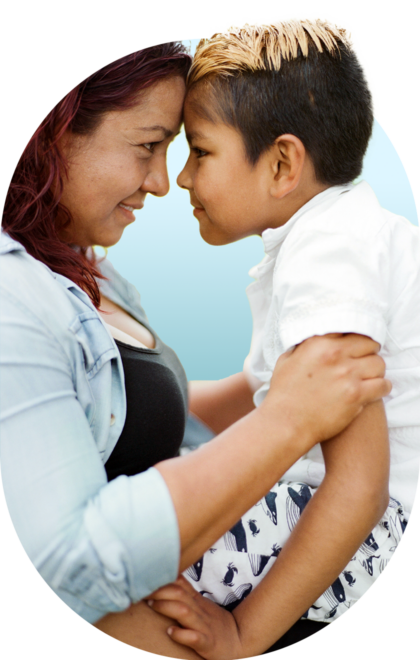
Ongoing Care
Most children who have had a brain tumor will need monitoring and follow-up care after their initial treatment is complete, sometimes long into adulthood.
Planning Your Child’s Ongoing Care
After your child’s initial brain tumor treatment has ended, they will need to have special follow-up medical care. Doctor visits for care and monitoring may range from very frequent to just once per year, sometimes for the rest of their lives.
Depending on a child’s age and capacity, their parent or caregiver may need to manage ongoing care.
Some patients will need a team of experts for follow-up care. Some may only need to see their regular doctor or a nurse practitioner.
Questions to Ask About Follow-up Care
Following your child’s treatment, there should be a meeting where you can talk with their healthcare team about the long-term care plan.
Here are some key questions to ask your child’s healthcare team:
- Is there a survivorship program here? How long can a survivor stay in it?
- Does your team or hospital have a care coordinator or nurse navigator who can help?
- Who do you recommend to help manage and coordinate my child’s ongoing care?
- How will your office share information with my child’s other doctors, such as office visit summaries and current medication lists?
- Can your office send us reminders or call about upcoming appointments?
Coordinating Ongoing Care
It is very important that all the members of your child’s healthcare team are connected and communicating about your child’s ongoing care and that everyone has access to the information they need.
The hospital where your child is treated may have suggestions for coordinating care. Some people choose to have a family member or friend help coordinate care. Some want to do it themselves.
Other resources are also available for care coordination:
- Primary care doctors: Your child’s primary care doctor (also known as general internists or family practice providers) can play an important part in coordinating long-term care. They can provide care for illness and disease that doesn’t have to do with your child’s brain tumor. They can also help share information with the specialists who are part of your child’s care team.
- Health insurance companies: Some health insurance companies have care coordination programs. They may have a nurse or other health advocate who can help coordinate a patient’s care and meet their health goals.
- Community programs: In some places, community resources based on state-run programs like Medicaid can help patients coordinate long-term care.

